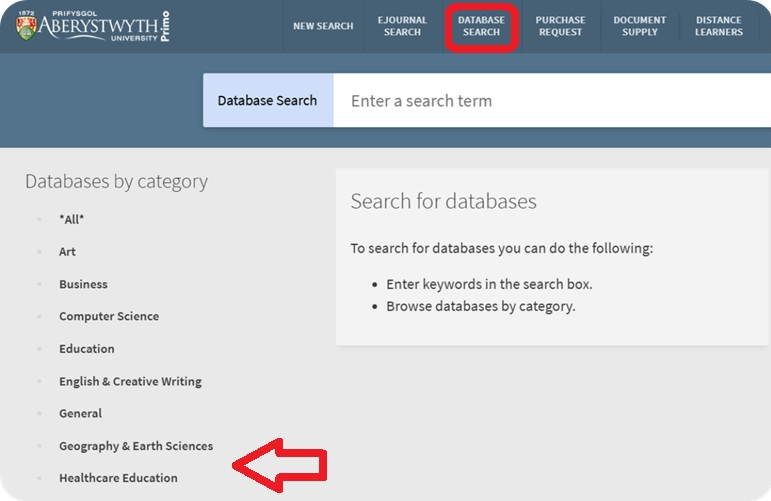
Congratulations to our Psychology and IBERS PhD and MPhil graduates today
Take a look at their theses on Aberystwyth Research Portal on the links below
Ceremony 3 @ 1030
Alanna Allen-Cousins, Are We Really Addicted?: A Mixed Methods Investigation into Smartphone Addiction and Smartphone Use in the 21st Century (https://research.aber.ac.uk/en/studentTheses/are-we-really-addicted)
Gwenann Mair Jones, Examining the effectiveness of the Ceredigion Youth Offending Team in reducing further offending within the context of vulnerability (https://research.aber.ac.uk/en/studentTheses/examining-the-effectiveness-of-the-ceredigion-youth-offending-tea)
Ceremony 4 @ 1400
Steven Bourne, Using Dielectric Spectroscopy to Detect and Predict the Real-Time Transition From the Yeast-Like to the Hyphal Phenotype of the Pleiomorphic Yeast Species Candida tropicalis (https://research.aber.ac.uk/en/studentTheses/using-dielectric-spectroscopy-to-detect-and-predict-the-real-time)
Eleanor Furness, Ecophysiological adaptation in cryoconite bacteria and the relationship to horizontal gene transfer (https://research.aber.ac.uk/en/studentTheses/ecophysiological-adaptation-in-cryoconite-bacteria-and-the-relati)
Hannah Vallin, Advancing Dietary Analysis in Herbivores: testing, validating, and deploying faecal DNA metabarcoding for accurate diet composition assessment (https://research.aber.ac.uk/en/studentTheses/advancing-dietary-analysis-in-herbivores)




